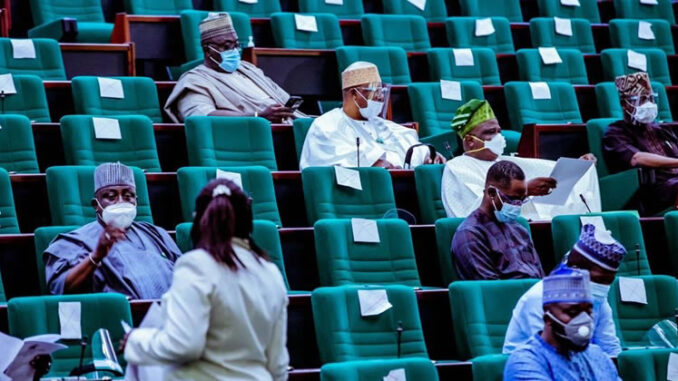
By DIvine Sam
The proposal to create 31 new states in Nigeria has sparked intense debates across various sectors of society. The move, announced on February 6, 2025, by the House of Representatives, is part of the ongoing review of the 1999 constitution. If accepted, it would increase the number of states from 36 to 67, with proposals covering all six geopolitical zones. While some support the initiative, citing potential benefits for marginalized regions, others oppose it, arguing that it would add to Nigeria’s already bloated state structure without addressing deeper governance and economic issues.
Proponents of the new states argue that they could foster development in areas where people feel neglected. In particular, the South East, which currently has only five states, is pushing for more, claiming that it has been historically short-changed. On the other hand, regional bodies like Afenifere and the Arewa Consultative Forum (ACF) have strongly opposed the idea, arguing that it doesn’t address the core issues of Nigeria’s governance structure and would only increase the financial burden of already struggling states.
Critics, including legal experts and sociopolitical groups, suggest that rather than creating new states, Nigeria should focus on restructuring and true federalism, which would allow regions to control their resources and promote more equitable development. Some also question the viability of new states, fearing that many could become dependent on federal allocations without sustainable local resources. Ultimately, the proposal has triggered a wide range of reactions, with the general consensus being that the focus should be on governance reforms rather than simply increasing the number of administrative units.